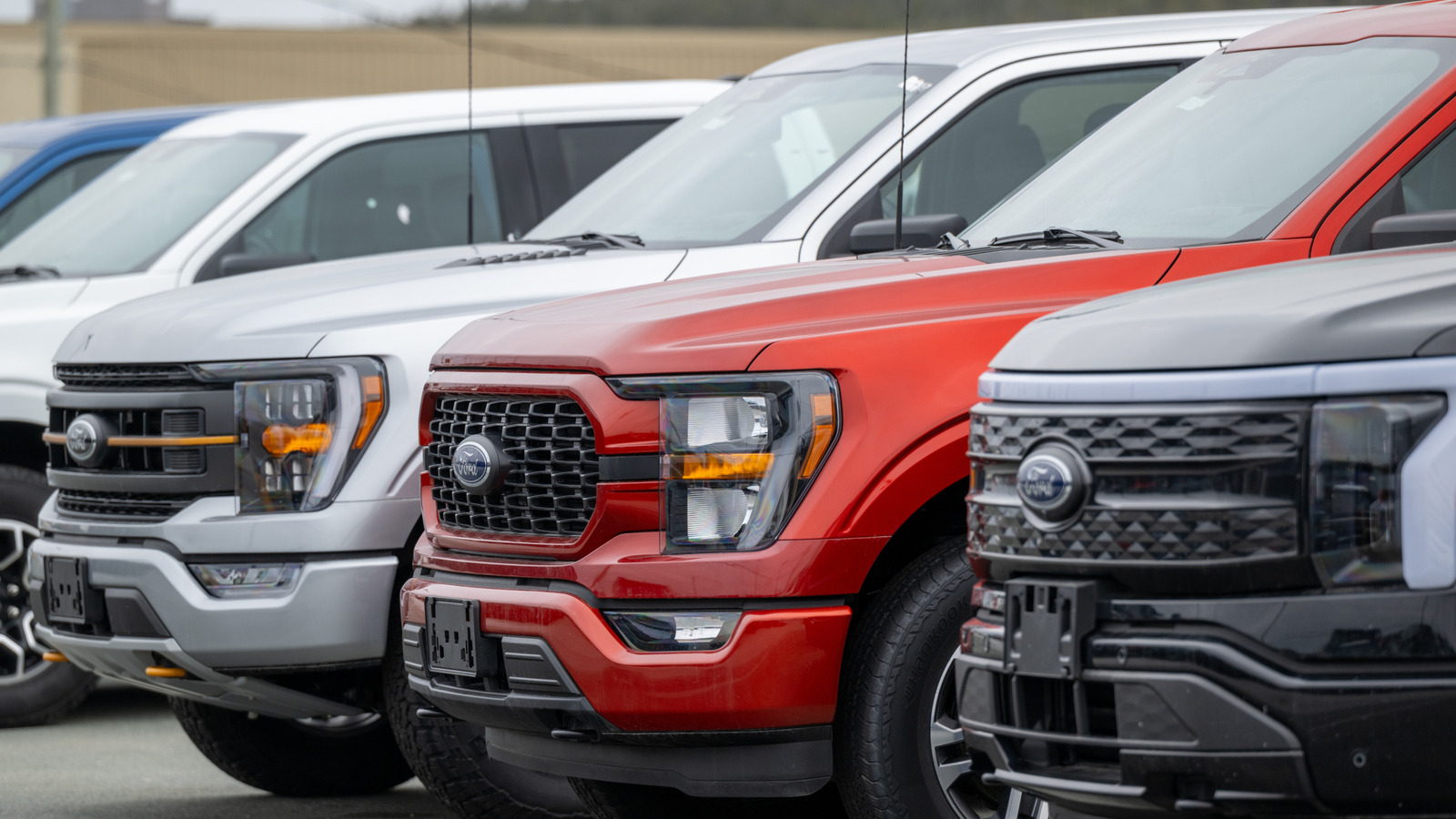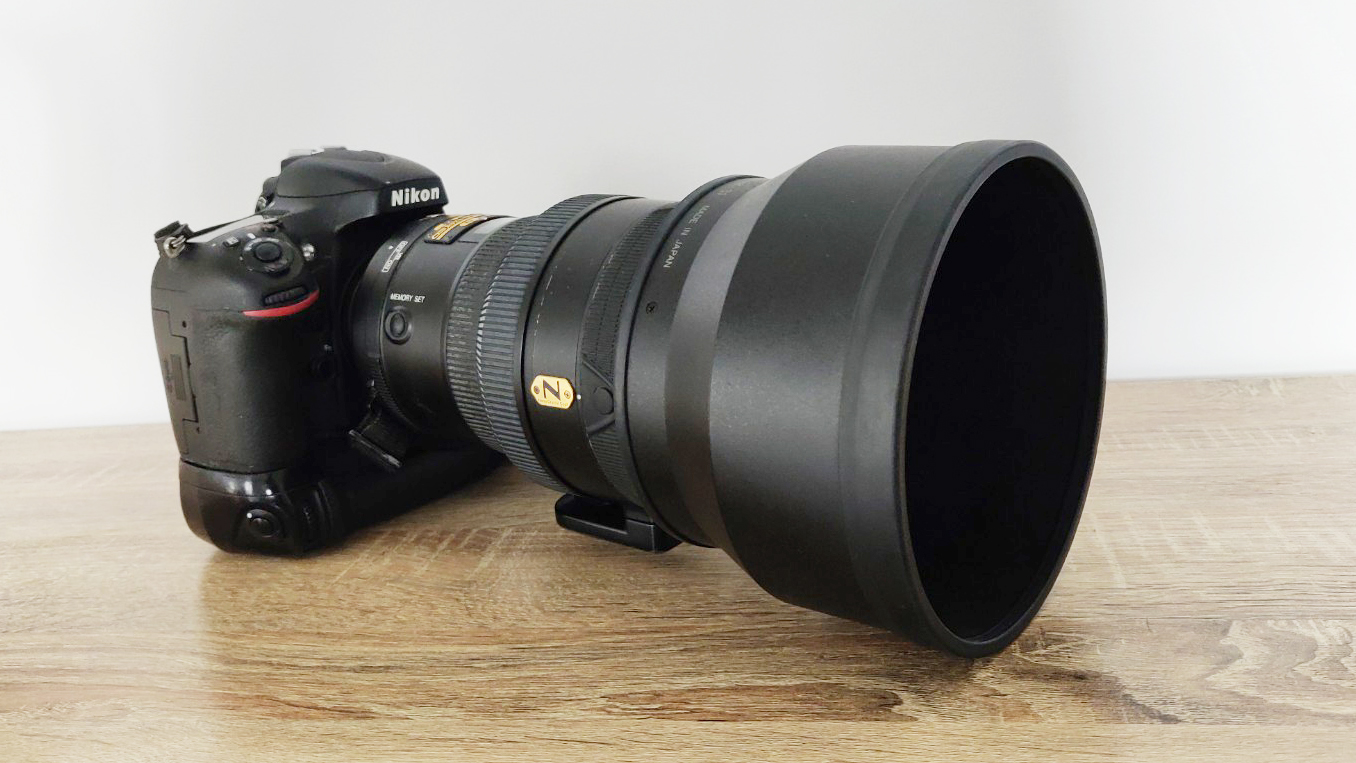Ford May Raise Prices Across The Board Due To Trump's Tariffs

Volkswagen says it plans to maintain current prices on new models through at least the end of May. It's a slight reversal from a statement last month that said it was prepared to place a tariff surcharge on all imported models. The German automaker brings in three key vehicles from Mexico: the Jetta, Taos and Tiguan (which is VW's best-selling vehicle in the U.S.). All three are currently compliant with the U.S.-Mexico-Canada Trade Agreement, but Trump's tariffs are poised to upend all of that. It also builds the ID Buzz, Golf GTI and Golf R in Germany and the ID 4, Atlas and Atlas Cross Sport in Chattanooga, Tennessee. From Automotive News: "We have to protect and care for our customers, we have to protect and care for our dealers, for our own business, as well as our suppliers," Kjell Gruner, VW Group of America CEO, said during an April 16 roundtable here at the New York auto show. Gruner said U.S. customers are tracking the impact of the tariffs and asking many questions. The U.S. new-vehicle market capped a solid first quarter with a surge in late March as consumers rushed to make purchases ahead of the tariffs. Gruner said VW is monitoring the impact of the tariffs with the Trump administration as well as the market. VW continues to ship vehicles, Gruner confirmed . Back in April, VW told its dealers that it planned an "Added Import Fee" on impacted vehicles once these tariffs went into effect. So far, that fee hasn't been added, because the automaker needs to see "where tariffs are." Gruner says that if the tariffs go away, so does the discussion. He also added that Volkswagen cannot absorb the full costs of the tariffs by itself because the "amount per vehicle is just too high." Because of that, VW is weighing how much needs to be added to cost and customer pricing.


















